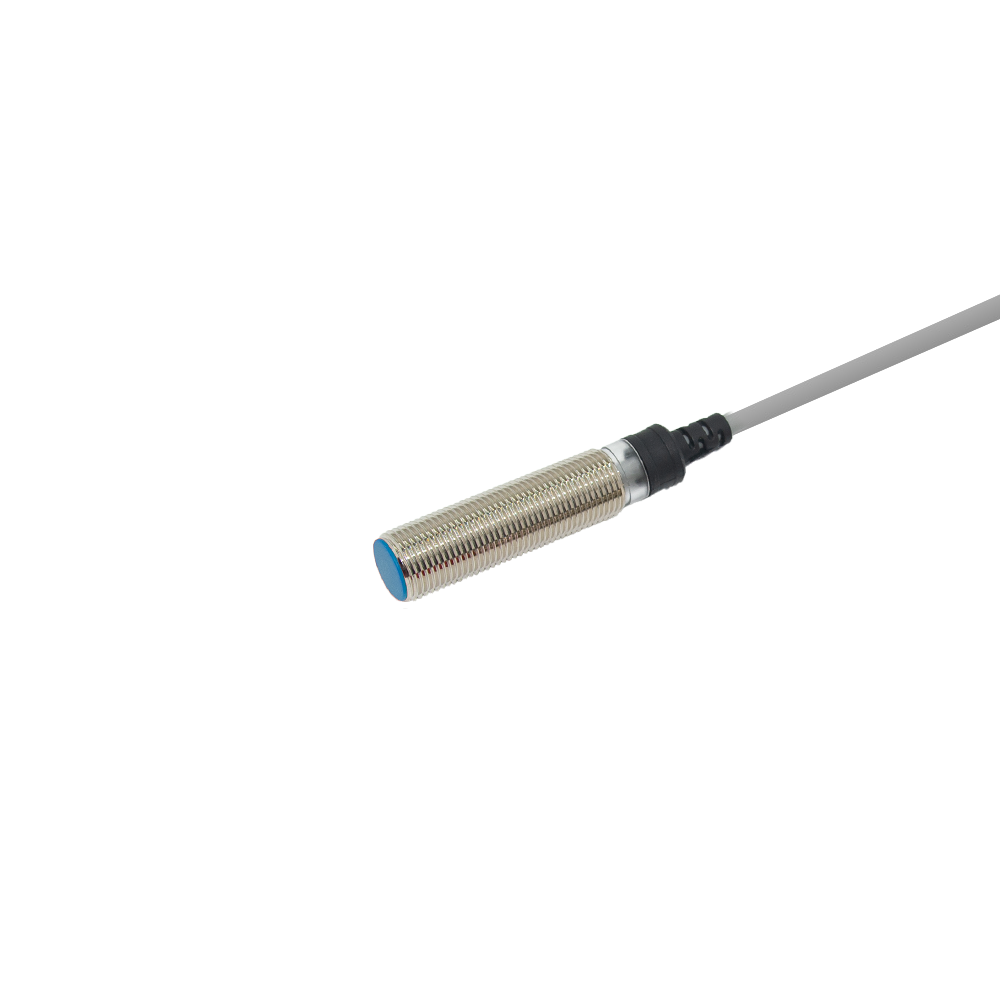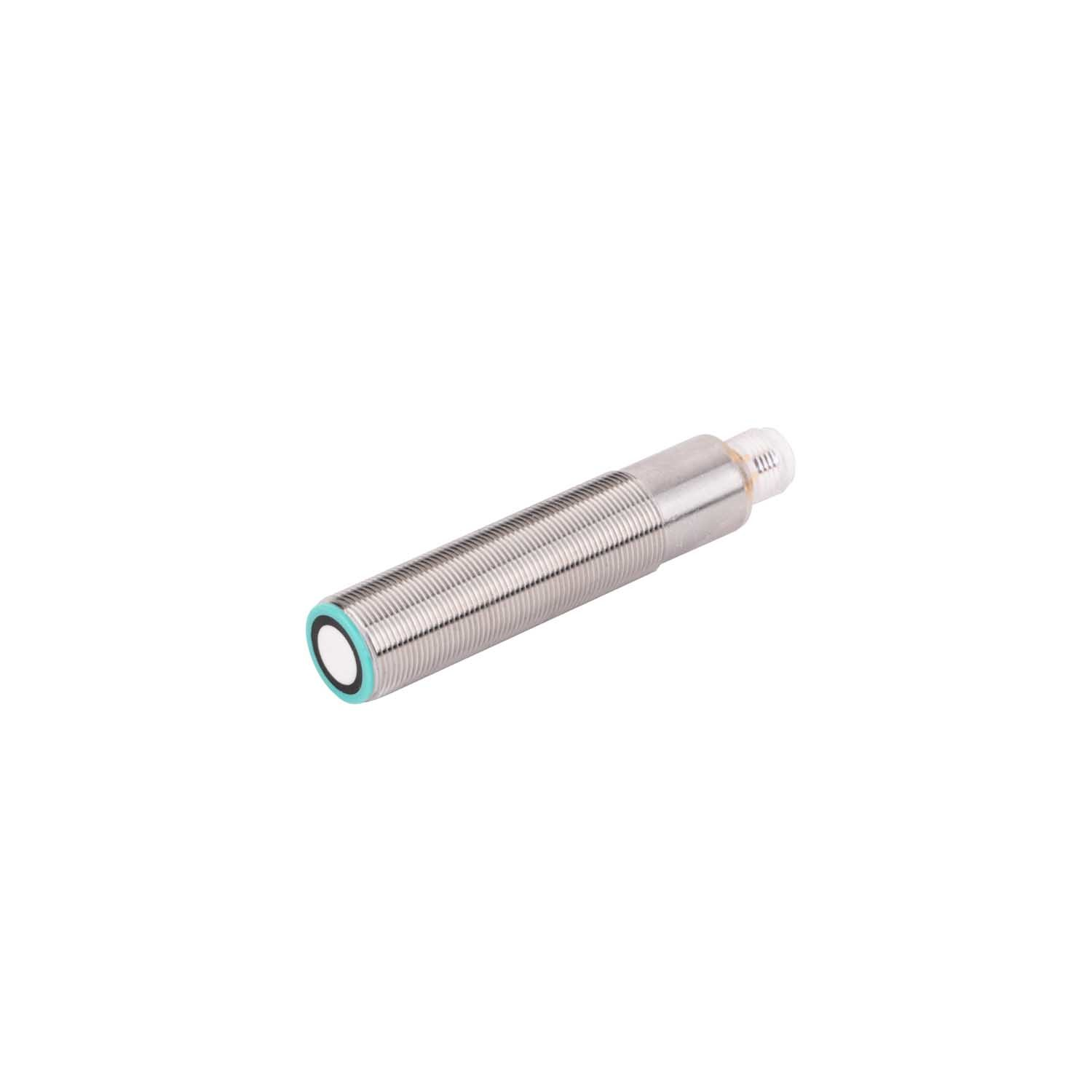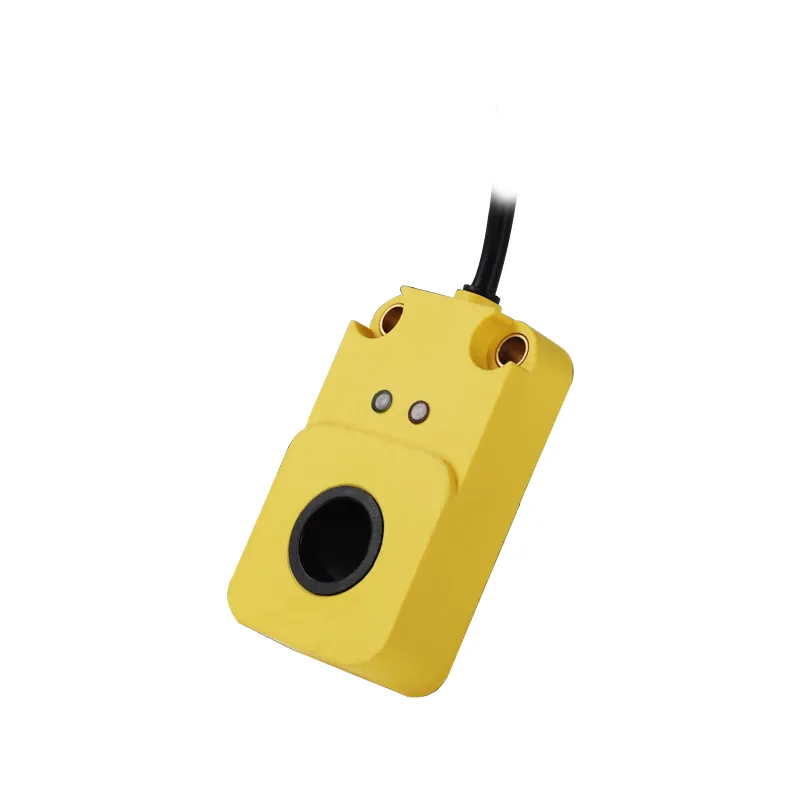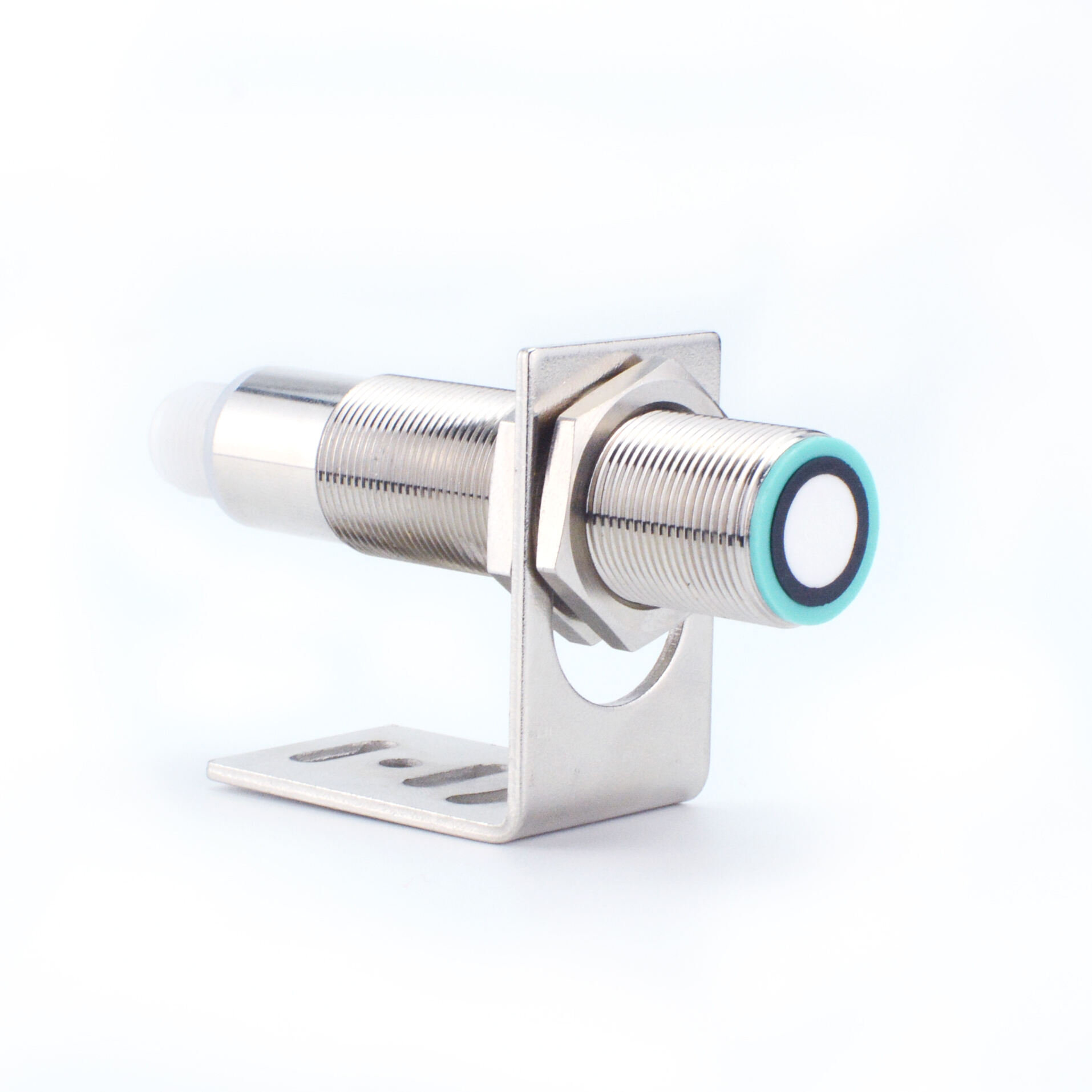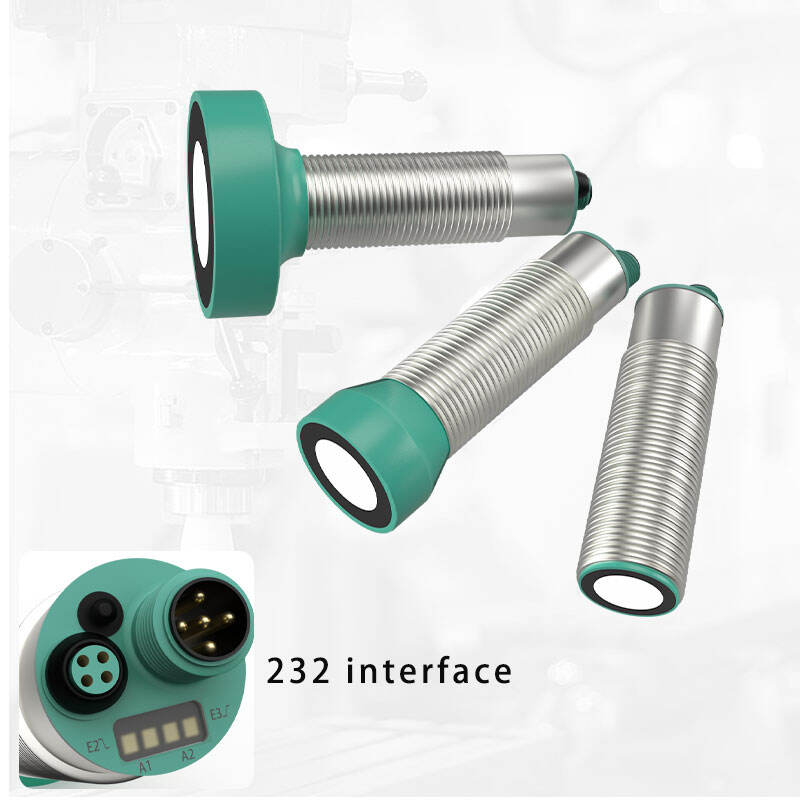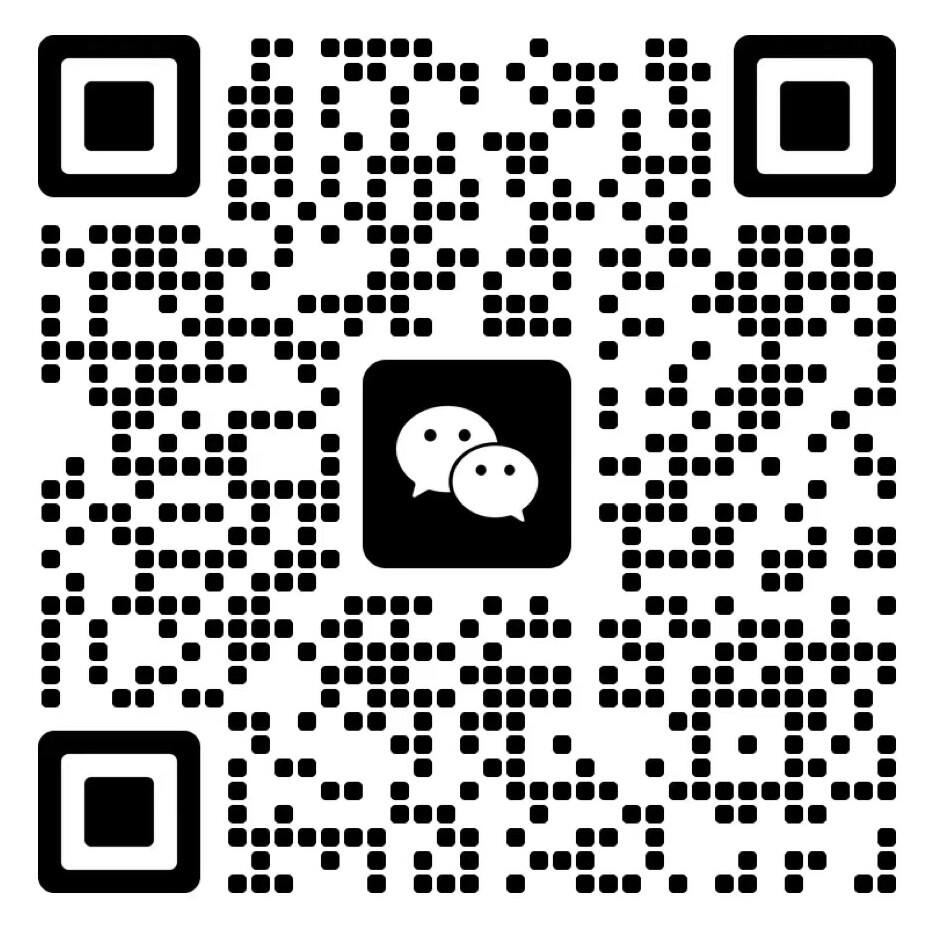Superior Environmental Adaptability
Ultrasonic sensors excel in their remarkable ability to perform consistently across diverse environmental conditions, setting them apart from other sensing technologies. These sensors maintain their high accuracy regardless of ambient light conditions, making them equally effective in complete darkness or bright sunlight. This adaptability extends to their performance in dusty, foggy, or smoky environments, where optical sensors typically struggle or fail entirely. The sensors' immunity to these environmental factors ensures reliable operation in challenging industrial settings, such as manufacturing plants, chemical processing facilities, or outdoor installations. Their ability to function effectively in both air and liquid mediums further demonstrates their versatility, enabling applications ranging from liquid level measurement to presence detection in various atmospheric conditions. This environmental resilience significantly reduces false readings and system downtime, contributing to improved operational efficiency and reduced maintenance costs.

